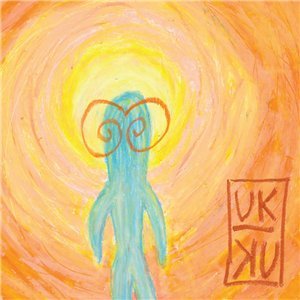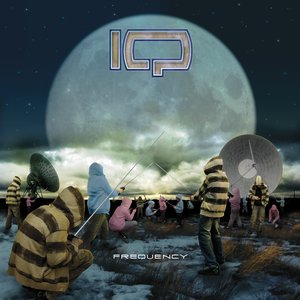Wiki
-
Release Date
28 March 1980
-
Length
12 tracks
Duke is the tenth studio album by Genesis, and was released in March 1980.
Duke became the trio's first UK #1 album, while broadening their US audience even further, reaching #11 there and going Gold immediately and eventually Platinum.
Duke is regarded as a transitional Genesis album, incorporating both elements of dense and elaborate instrumentation associated with the band's 1970s era material and glimpses of their future 1980s pop melodies and hooks. It's therefore become regarded as the album where many Genesis fans would draw the line between the "old" and "new" Genesis. Duke showed both sides of the band's music, containing both short radio-friendly pop tunes (e.g. "Misunderstanding") as well as lengthy progressive rock suites (e.g. "Duke's Travels"). Hence, Duke enjoys the anomaly of being simultaneously regarded as either the band's last progressive outing or their first pop-oriented release.
Duke came on the heels of solo albums by Tony Banks and Mike Rutherford. Phil Collins had departed to Vancouver with his first wife to try to salvage their failing marriage. With the group's future uncertain, Rutherford recorded Smallcreep's Day while Banks issued A Curious Feeling. When Collins' marriage finally ended, he rejoined the group, bringing a batch of introspective new songs. Most of these made up his solo Face Value album when released in early 1981, but two of them, "Misunderstanding" and "Please Don't Ask," were donated to Duke.
Once Duke was released, the song "Turn it on Again" became the band's second UK Top 10 hit, while "Misunderstanding" made considerable strides in the US, reaching the Top 20, and providing growing songwriter Phil Collins with his first self-written hit. "Turn it on Again" (whose music was written by Mike Rutherford and Tony Banks, while Phil Collins contributed to the lyrics) has an unconventional time signature of 13/8.
Duke is often cited by aficionados as a key Genesis album. While clearly different in mood and feel from its predecessor, And Then There Were Three, Duke employs repetitions of key themes throughout the album as a way of unifying songs which could be listened to either separately, or as parts of a larger whole. As a song cycle, Duke starts and ends with the exact same musical strains, and closes, like many classic Genesis albums, with an extended instrumental ("Duke's Travels/Duke's End"). While many have claimed that the turn towards relationship-oriented themes presaged Collins' later pop influence on the band, the musical complexity of the group remains firmly intact. Collins's interest in the new sonic possibilities offered by drum machines, Banks's use of the highly expressive Yamaha CP-80 electric grand piano, Rutherford's use of non-distorted guitar parts, and an overall more "open," less reverb-inflected production produced a sound which was less orchestral and more down-to-earth than previous Genesis recordings.
Collins' maturation as a vocalist was noticeable by the time Duke was recorded. This would benefit the singer immensely, as it gave him the confidence to record Face Value shortly after the conclusion of the Duke tour. Also pertinent on "Duke" is Collins' stepping up to the plate as a full-fledged songwriter for the first time, with his debut pair of solo compositions for the band, "Misunderstanding" and "Please Don't Ask." Banks continues to provide highly orchestrated songs of lyrical darkness and compositional complexity ("Heathaze," "Cul de Sac"), while Rutherford creates more direct dramatizations of emotional turmoil ("Man of Our Times," "Alone Tonight"). Some of the opening songs, such as "Duchess" and "Behind the Lines," which became concert favorites for years, were a synthesis of the writing styles of all three members, and presaged the more collaborative writing efforts which were to dominate the band in the future.
Interestingly, there is a suite of songs hidden in this album: "Behind the Lines", "Duchess", "Guide Vocal", "Turn it on Again", "Duke's Travels" and "Duke's End," which were reportedly intended to appear on a single side of the album until fear of comparisons to Foxtrot's epic "Supper's Ready" made the group decide to separate them. Notably, the group performed the suite in that configuration on the tour for this album. "Misunderstanding" was added to the setlist for the US leg of the tour. The Duke tour found the Genesis set list in transition; many songs were performed in full for the last time, as later tours would tend to feature medleys of older material in truncated form.
Album descriptions on Last.fm are editable by everyone. Feel free to contribute!
All user-contributed text on this page is available under the Creative Commons Attribution-ShareAlike License; additional terms may apply.












